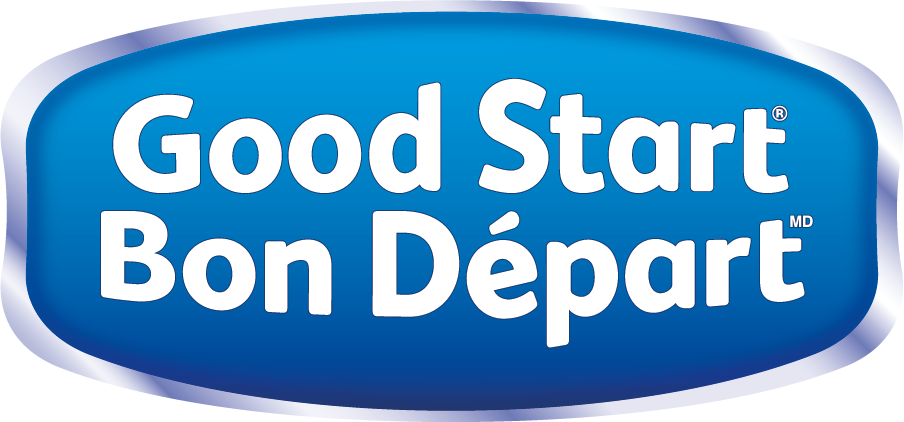Articles
Articles
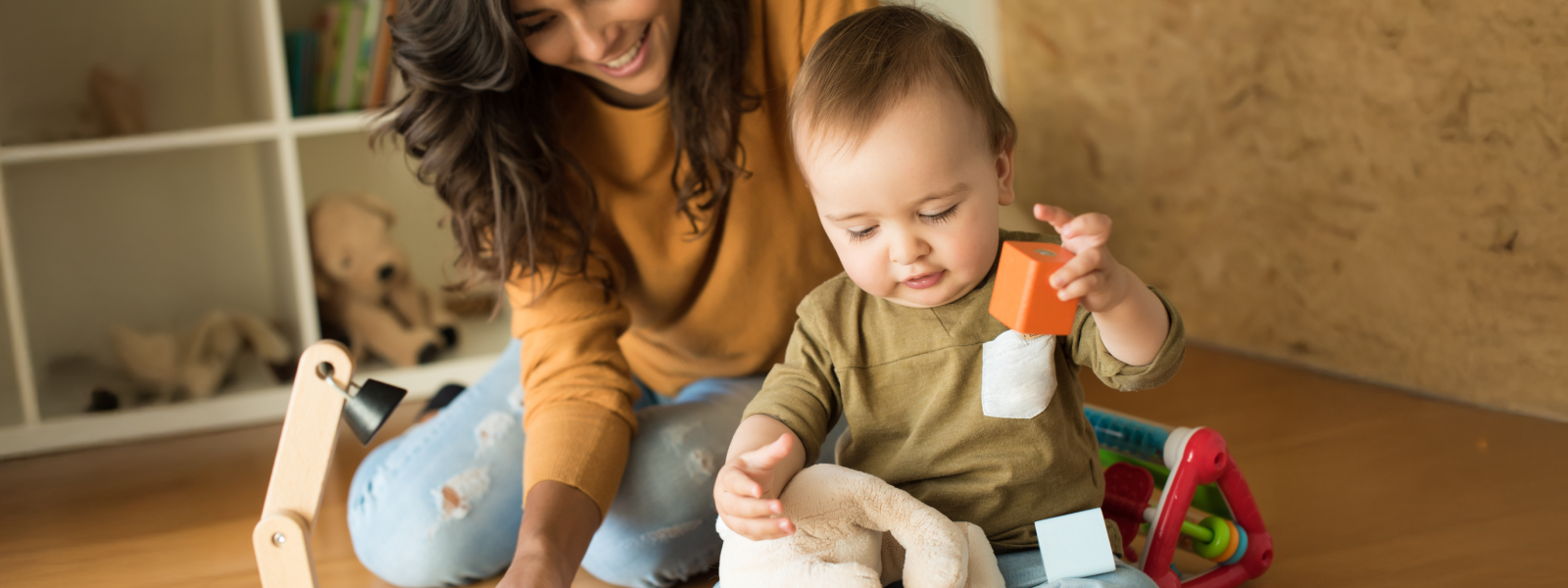
Articles
Watch Your Baby Move, Grow, and Explore
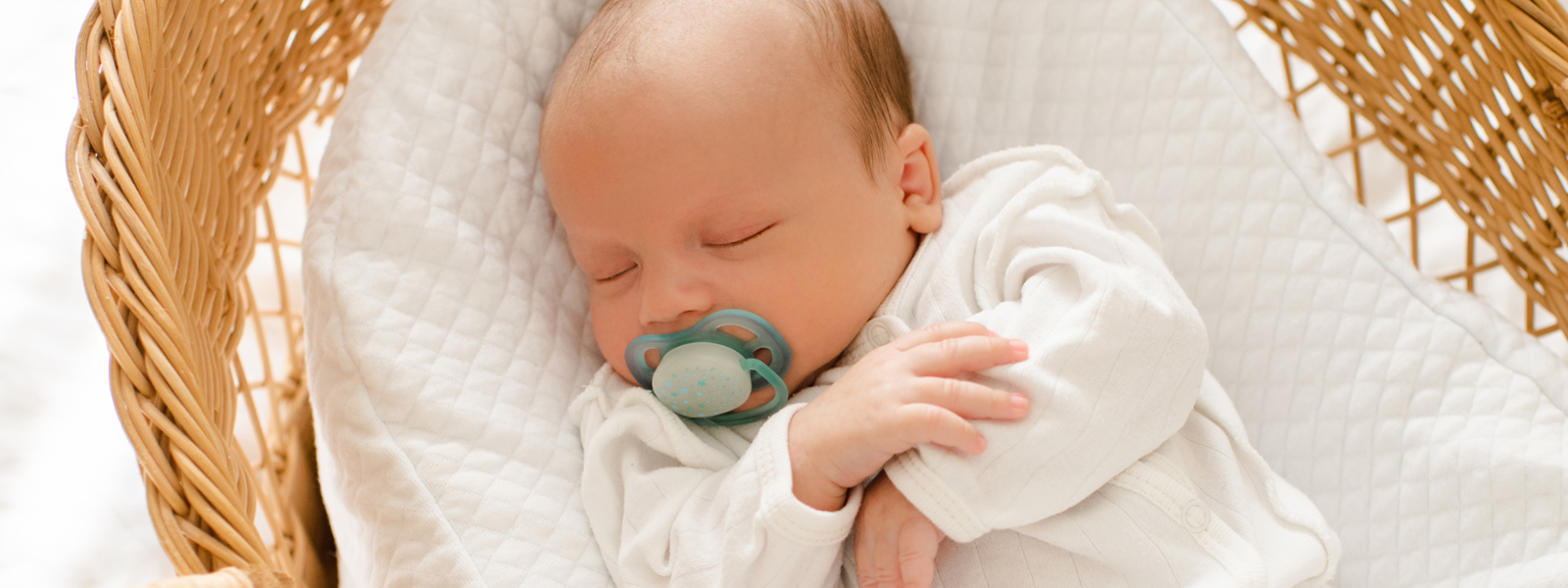
Articles
Newborn to Toddler: Helping Your Baby Sleep

Articles
Tips for a Happy, Healthy Baby Tummy

Articles
Milestone Moments in Baby’s First Three Months
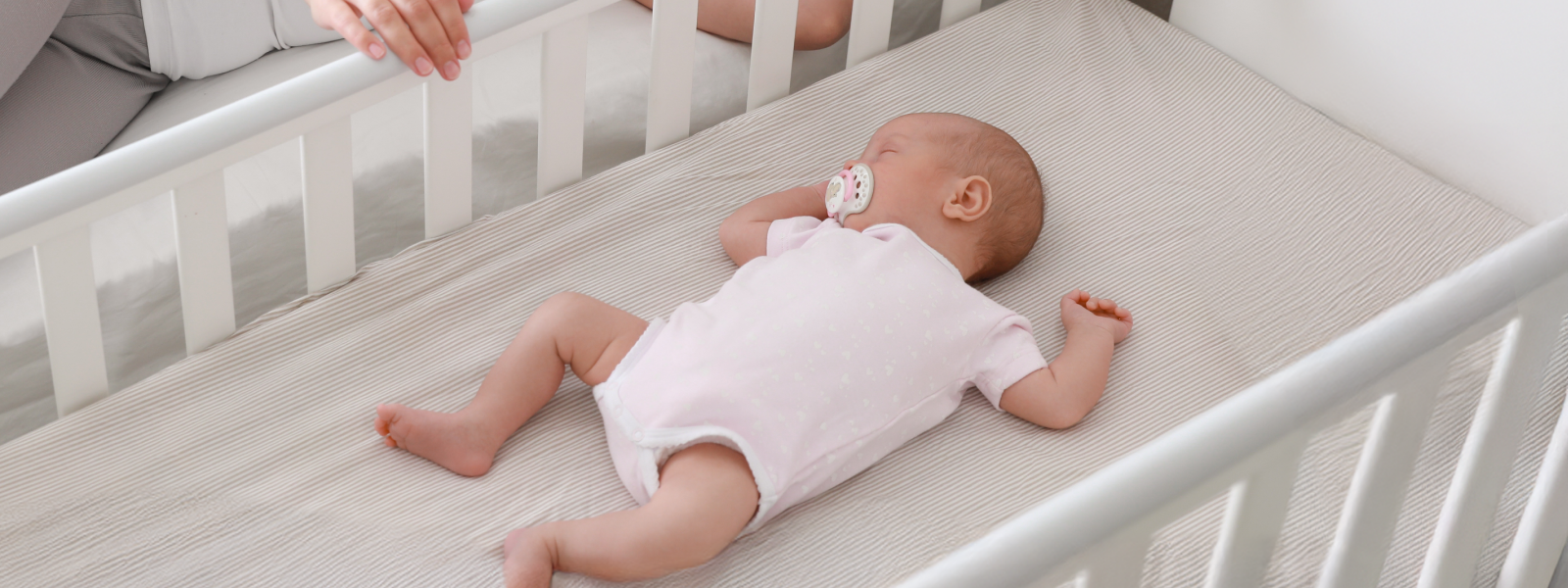
Articles
How to Rest and Recharge With a New Baby

Articles
Managing Colicky Babies: Facts & Tips

Articles
Essential self-care* tips for new parents

Articles
Staying comfortable during the final stage of pregnancy
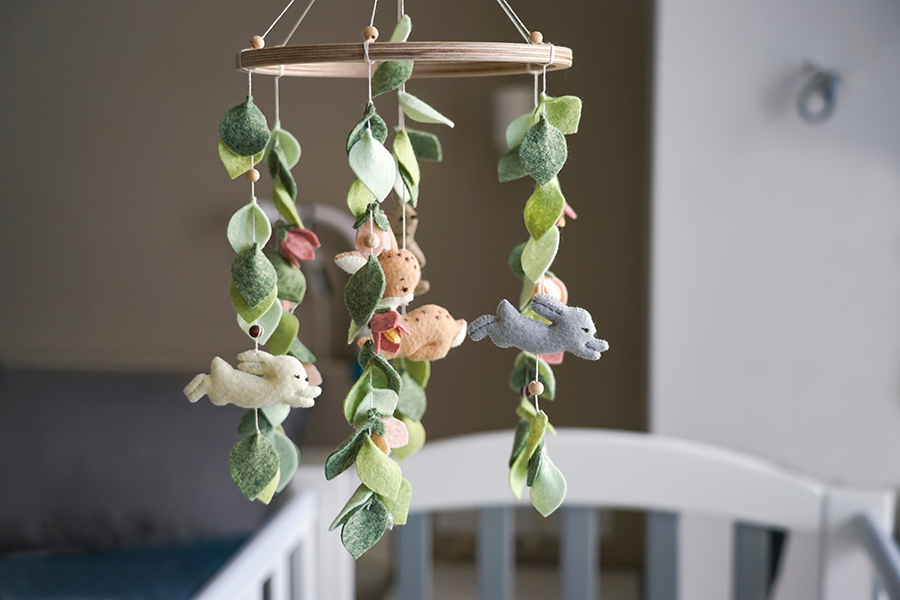
Articles
How to create the perfect nursery

